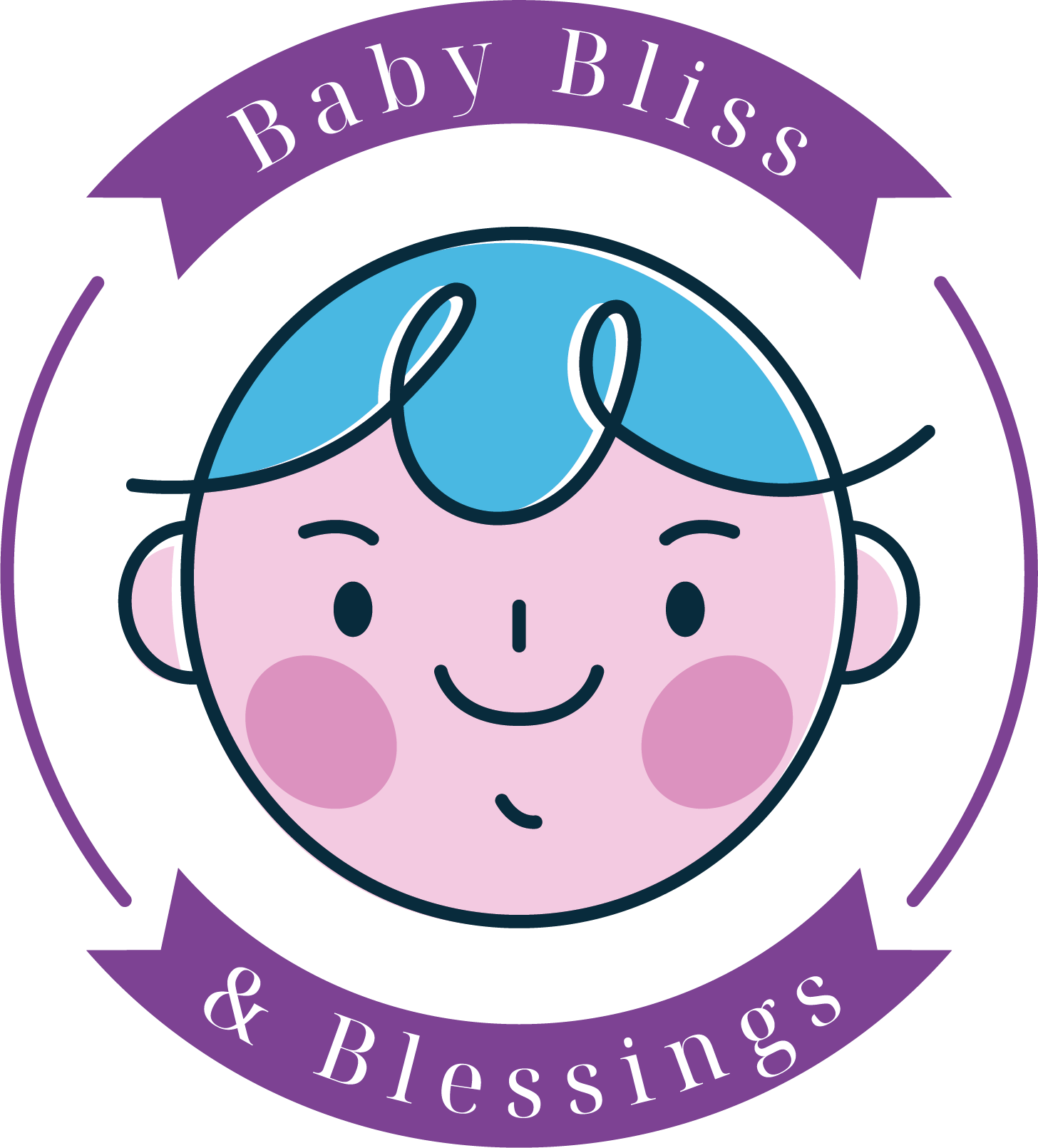Breastfeeding vs. formula feeding becomes a critical issue for working moms in today’s fast-paced environment where balancing responsibilities at work and home is a constant struggle. Deciding on how to feed a baby might be difficult for working mothers. Although breastfeeding has many advantages, formula feeding can be a great and healthful replacement, especially for mothers who are going back to work. For busy working mothers, formula feeding can be an empowering decision. Let’s examine some of the main advantages of formula feeding for mothers balancing their maternal responsibilities with job responsibilities.
Flexibility:
For working mothers, one of the major advantages of formula feeding is the flexibility it provides. Formula feeding helps moms assign feeding responsibilities to family members or caregivers, in contrast to breastfeeding, which requires direct and regular nursing sessions. Because of this flexibility, women can go back to work knowing that their baby’s nutritional needs will be satisfied no matter whether they are present.
Simplicity:
For working mothers, formula feeding provides a level of comfort that can’t be beaten. Formula feeding removes the need to think about where to breastfeed your child in secret or how to manage the practicalities of pumping breast milk while at work. Formula feeding, on the other hand, enables moms to simply prepare a bottle of formula ahead of time, which simplifies and reduces the duration of feeding sessions.
Predictability:
Working mothers who benefit from routine and structure may find formula feeding to provide a certain level of predictability. Breastfeeding women can precisely measure and track their baby’s intake when using the formula, as opposed to breastfeeding, when milk production and feeding habits can change. Mothers who are returning to the workforce may find this routine especially helpful as it allows them to more effectively plan their schedules.
Shared Responsibility:
Formula feeding promotes a sense of shared responsibility in parenting by allowing partners and other caregivers to actively engage in feeding routines. This division of feeding responsibilities might relieve some of the stress that working women experience and enable them to work together with their spouses to care for their child while balancing their job duties.
Peace of Mind:
Returning to work after a break can cause worry or guilt for some working women due to difficulties with nursing or worries about producing enough milk. Formula feeding can offer peace of mind by providing a reliable alternative that ensures their baby’s nutritional needs are met consistently. With this comfort, mothers can concentrate on their work responsibilities without feeling overly anxious or stressed.
Extended Support Network:
Formula-feeding opens up opportunities for working mothers to seek support from a broader network of caregivers, including family members, childcare providers, and even support groups for formula-feeding parents. This extended support network can offer valuable guidance, advice, and encouragement, easing the transition back to work and fostering a sense of community among working mothers.
Being Aware of Exactly How Much your Baby is Eating:
Formula feeding, as compared to nursing, enables you to monitor your baby’s nutrition successfully. For working mothers who might be concerned about their child’s hunger signs while they’re away, this can be comforting.
Dietary Freedom:
To prevent gassiness or fussiness in their infants, breastfeeding moms frequently need to pay attention to what they eat. Formula feeding allows mothers to choose foods more freely and flexibly without compromising the baby’s nourishment.
Minimized Feeding Frequency:
Babies who are fed formula typically feel fuller for longer periods because it digests more slowly than breast milk. This may result in fewer feeding sessions during the day and a more regular feeding schedule, which working mothers may find useful in organizing childcare or scheduling their pumping breaks.
Choosing to use formula or breast milk is a very personal choice. Your baby can be fed safely and effectively with formula. These days, formulas are made to closely resemble breast milk and include all the vital nutrients your baby requires to grow and develop. So, there isn’t a right or wrong answer. Formula feeding can be a great option for working moms who want to raise a happy and healthy baby while feeling confident and supported as they juggle the responsibilities of work and parenting.
This article helps you know about formula feeding impacts on baby’s development








[…] Benefits of Formula Feeding for Working Mothers […]
[…] Benefits of Formula Feeding for Working Mothers […]